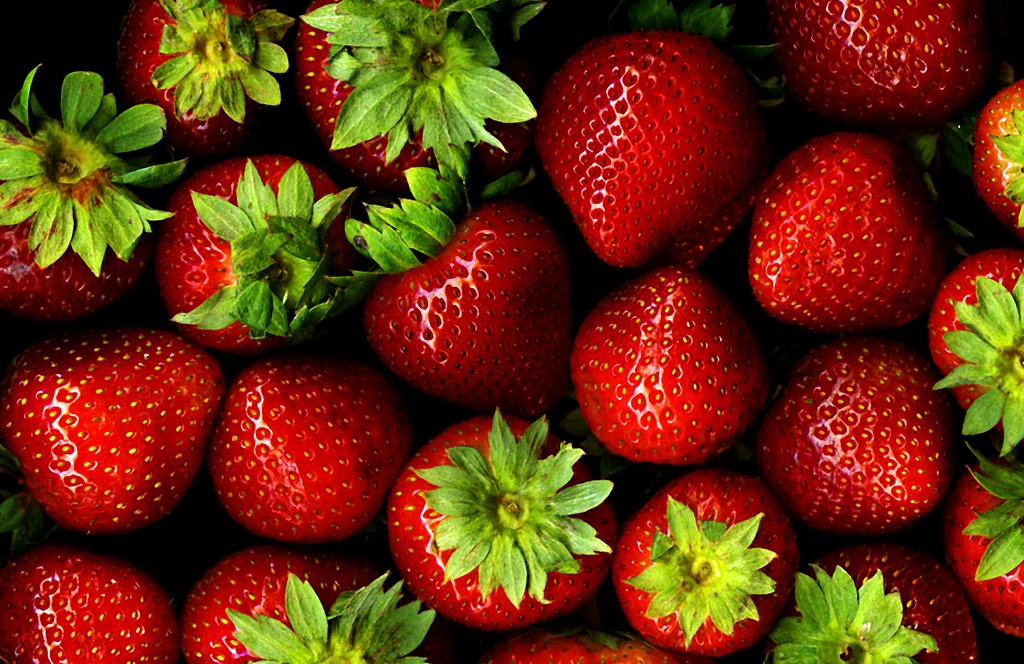
I.
Women are not fruit. Women are not flowers. Women are not semi-precious stones. Women are not saints. Women are not bitches. Women are not inanimate objects. Women are not fabrications of unrealistic expectations.
Neither are they reductions of derogatory slang. Women are women. From all walks of life, women are humans. Their counterparts are men. Women cannot be compared to any thing. They do not bear a likeness to anything else.
Please do not strike up resemblances between women and anything else, including a fruit, even if it is the very best of the lot. Do not dignify our existence by comparing us to absolutely anything that comes to the mind. Please do not put us on a pedestal — a poisonous pedestal on which if we move slightly left or right away from the center and fail to maintain the image of an ideal or a likeness bore upon us, we are shamed. If we are not bound to the ideal of perfection, we are ostracized. Our dignities chewed up and spat out.
Women are not disposable. The tendency to compare women to “things” is the reason why women are treated like disposable commodities. Women are women. Women are not men, and I confess that we possess biological, physiological and emotional characteristics that are not in accordance with men. Women are different from men, just as men are different from women.
But we are both human. Our origins are the same. Our rights, our human rights, should be the same. They are not, but they should be. As humans, men and women must be treated equally.
II.
Hijab, as we know it, is the head covering that many Muslim women wear. Hijab, in the Quranic context means “curtain” and alludes to modesty. I have the utmost respect and admiration for women who perform Hijab by conducting their lives with modesty in their hearts, as well as those women who don the Hijab, the headscarf, out of their own choice.
In fact, I have only respect and admiration for all women who are modest, irrespective of religion. One does not need to wear a burqa or an abaya to convey modesty, for modesty and goodness lays in the heart and is not measured by every square inch of fabric that covers her hair But if that is how they choose to express themselves, then by all means, let them.
The system of veiling (burqa and so on and so forth) predates Islam. It began as a Mediterranean custom and was worn by women of high status and nobility. It was essentially a symbol of status.
Modest dress, in Islam, applies explicitly to men and women. However, time and time again the Quran has been interpreted in tragically misogynistic societies where the rules of how men should conduct themselves (of which there are many) have been greatly ignored, and focus has shifted upon women instead.
A woman’s beauty isn’t going to be “consumed” unless men are purposefully seeking to “consume” her beauty. Furthermore, beauty isn’t a physical characteristic, because women with near perfect physical features who have abhorrent souls are anything but beautiful. Thus, it is impossible to “consume” a woman’s beauty, because her beauty is in her heart.
However, if this beauty refers to that of her physical features, I can’t fathom why a man wouldn’t look down or look away out of respect for a woman, if he is so unable to control his sexual desires. In fact, perhaps he shouldn’t be allowed to leave the house if such is the case.
III.
Remember.When you tell a woman what to do, dictate how she conducts herself and muzzle her voice, you reduce her to an animal. And in Islam — much like every other religion — women are not to be treated like animals.
Tasnim Ahmed is a 23-year-old writer and designer living in Washington, D.C. Her website is blog.tvgirlfriend.com.













Jazakallahu khairan for the nice article